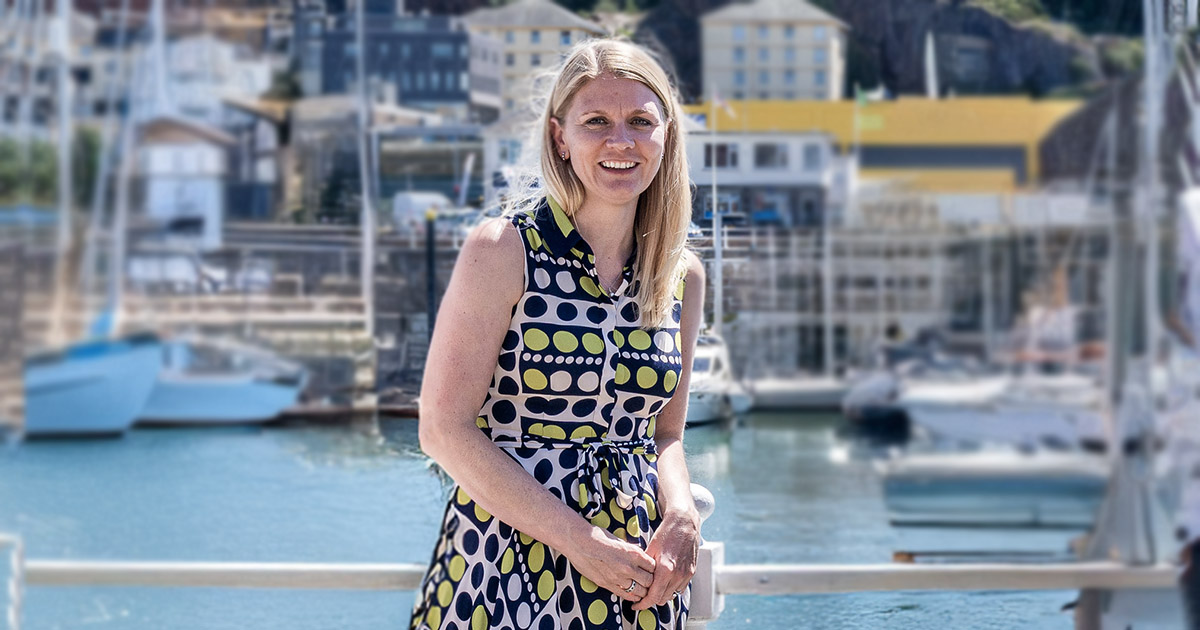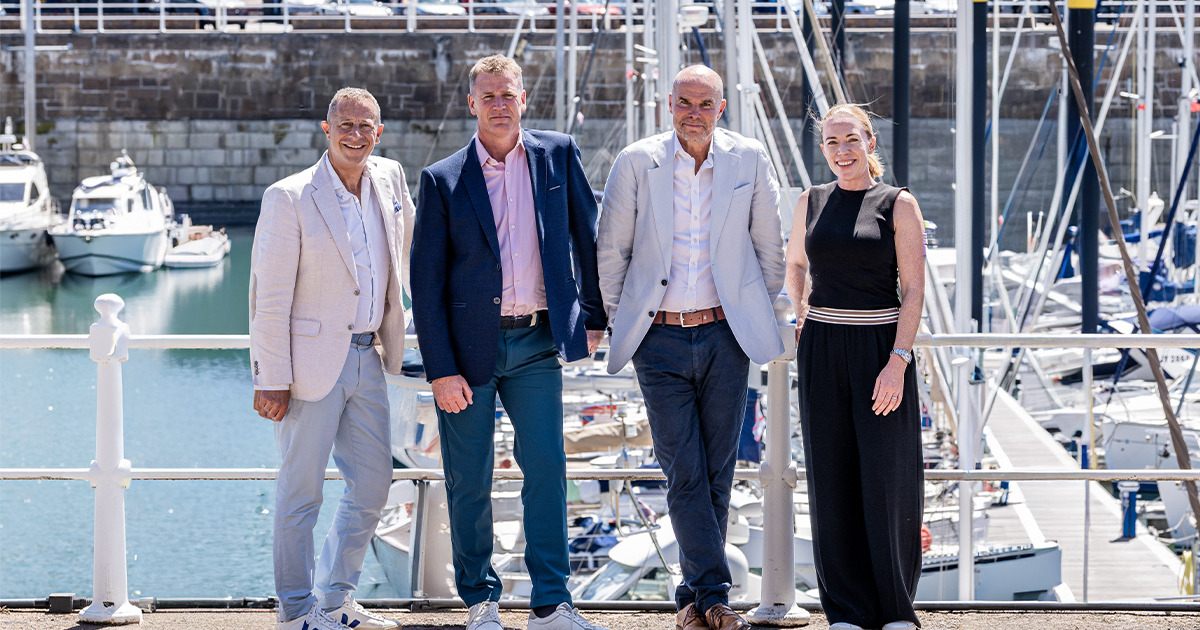For many, these last twelve months have presented an opportunity to rethink and reset; at Affinity, we are pleased to announce we have used the time to offset. Following an independent assessment of our carbon footprint – by local Environmental and Sustainability Consultant, Sheena Brockie – we have offset our 2020 CO2e emissions by participating in Durrell’s Rewild Carbon initiative.

What is carbon offsetting?
Put simply, this involves calculating emissions and then purchasing ‘credits’ of an equivalent amount of greenhouse gases elsewhere. It is a process that enables businesses, governments or even individuals to ‘compensate’ for the emissions created by their day-to-day activities. One tonne of carbon is usually the equivalent of one credit, but prices vary considerably depending on how the offset is being achieved and by what method the scheme is being administered. The key to gauging the relevant merits of an offset is to ascertain it is real, measurable, verifiable and permanent.
So, what have been the 3 steps to reducing Affinity’s emissions?
The first has required us to understand what our current carbon footprint is and to achieve this we turned to Sheena to calculate our Scope 1 & 2 emissions, and also our Scope 3 metrics in the context of business travel. As a result of holding a number of relevant qualifications # – Sheena is well placed to provide Jersey businesses with a ‘green’ audit to start them on the journey to lowering their carbon footprint. Given her experience, Sheena was quick to recognise Affinity had already established a firm-wide commitment to sustainability, through our participation in the UN Global Compact, the award of Jersey Good Business charter status and our membership of the Eco active business network. In other words, the second – measures to reduce our emissions – was already in place. As a consequence, Sheena – having calculated our current ‘base’ emissions using the data provided – has also added value in helping us think about widening the range of GHG emissions we seek to measure and reduce. For example – monitoring print volumes.
In the hierarchy of climate action, the first and most effective option to make a difference is to understand what emissions are being made and actively seek to reduce them. For example, if last year taught us anything, it was that you don’t always have to hold meetings in person. However, not all emissions are avoidable – but further action can be taken to passively reduce them. This brings us to the third step, carbon offsetting and our participation in Durrell’s Rewild Carbon scheme.
More than just carbon
Affinity has purchased credits to offset 23.5 tonnes of CO2e, being the emissions for our financial year end 30 September 2020. We are very pleased to be deepening our relationship with Durrell. We know each Rewild Carbon credit is based on a science-driven transparent process, with particular attention to minimising administration costs; maintaining an in-house registry to ensure carbon is not sold twice; and a commitment to monitoring and regular reporting. More importantly, the Durrell scheme does not simply focus on carbon – each credit also contributes to reviving ecosystems, recovering species and rebuilding livelihoods. In other words, making carbon offsetting wilder, healthier and more colourful.
# Including the Institute for Environmental Management and Assessment - Foundation Certificate in Environmental Management and the International Organisation for Standardisation - ISO 14064-1:2018 Greenhouse Gas Inventories & Measuring Carbon Footprint.






